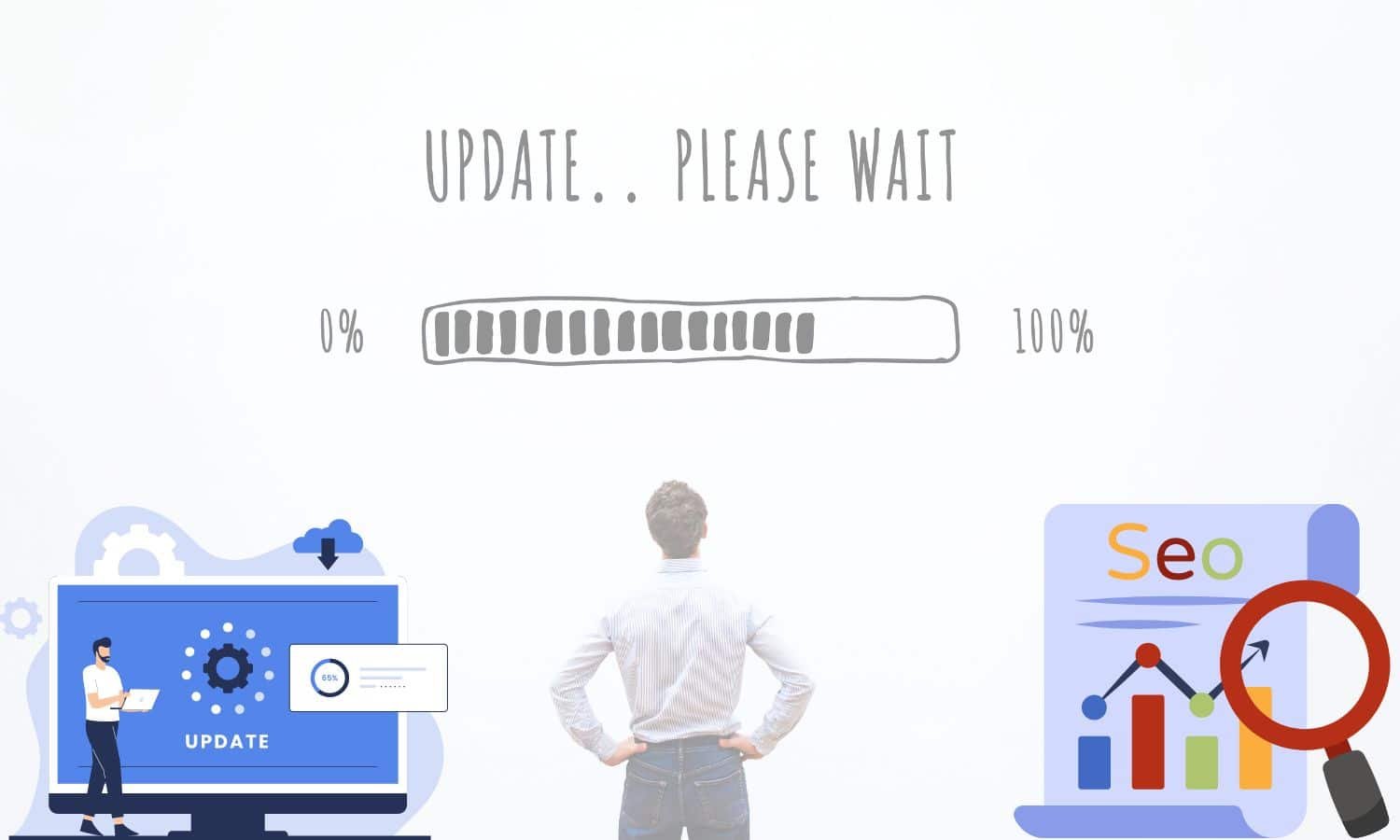Introduction
In recent news, Google has implemented three new spam policies to combat the growing issue of online spam. These policies aim to address various types of spamming techniques that have been plaguing the internet. In this article, we will delve into the three new policies introduced by Google, namely scaled content abuse, expired domain abuse, and site reputation abuse.
Scaled Content Abuse
One of the spam policies introduced by Google is scaled content abuse. This refers to the practice of creating a large number of low-quality or duplicate content across multiple websites in order to manipulate search engine rankings. Such content is often irrelevant, poorly written, or stuffed with keywords. This technique not only undermines the quality of search results but also hampers the user experience.
With the scaled content abuse policy, Google aims to penalize websites that engage in this practice by reducing their visibility in search results. Websites that provide valuable and unique content will be rewarded, while those that resort to spamming techniques will face consequences.
Expired Domain Abuse
Another spam policy introduced by Google is expired domain abuse. This refers to the practice of purchasing expired domains and using them to create new websites solely for the purpose of spamming. Expired domains often have existing backlinks and search engine authority, which spammers exploit to gain quick visibility in search results.
Google’s new policy aims to identify and penalize websites that engage in expired domain abuse. Websites with a history of spamming or suspicious activity will be closely monitored, and their rankings will be negatively impacted. This policy not only discourages the misuse of expired domains but also ensures that search results provide relevant and trustworthy information to users.
Site Reputation Abuse
The third spam policy introduced by Google is site reputation abuse. This refers to the practice of manipulating a website’s reputation by engaging in spammy activities such as buying or selling links, participating in link schemes, or using hidden text or links to deceive search engines.
Google’s site reputation abuse policy aims to crack down on websites that engage in such practices. Websites that violate these guidelines will face penalties, including a decrease in search visibility. By implementing this policy, Google aims to maintain the integrity of search results and ensure that websites with genuine and trustworthy reputations are rewarded.
Conclusion
Google’s introduction of these three new spam policies, namely scaled content abuse, expired domain abuse, and site reputation abuse, demonstrates their commitment to providing users with high-quality and relevant search results. These policies aim to penalize websites that engage in spamming techniques and reward those that prioritize valuable and trustworthy content. By implementing these policies, Google is taking a step towards creating a better online experience for users and ensuring that search results are reliable and informative.

